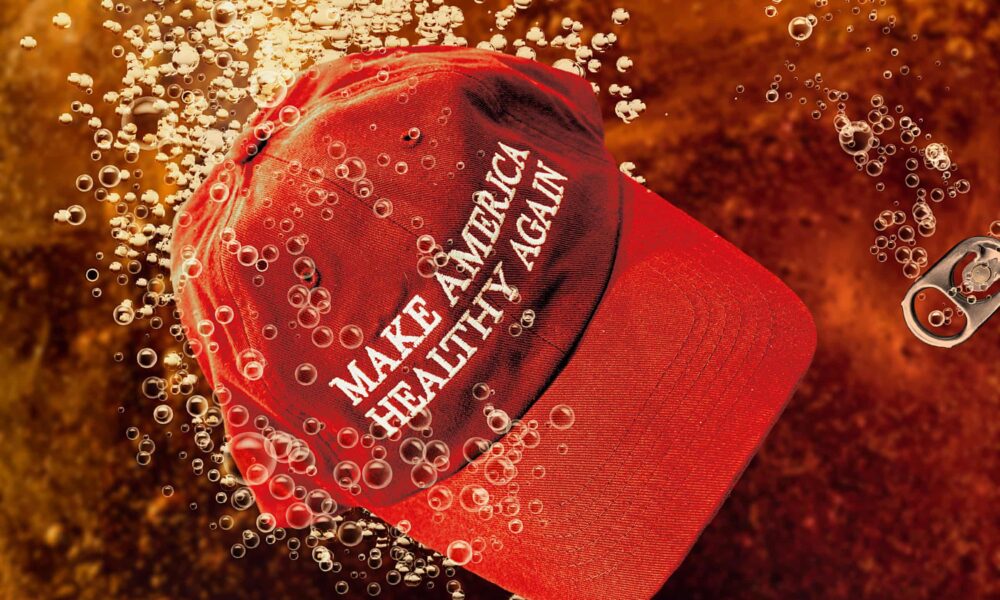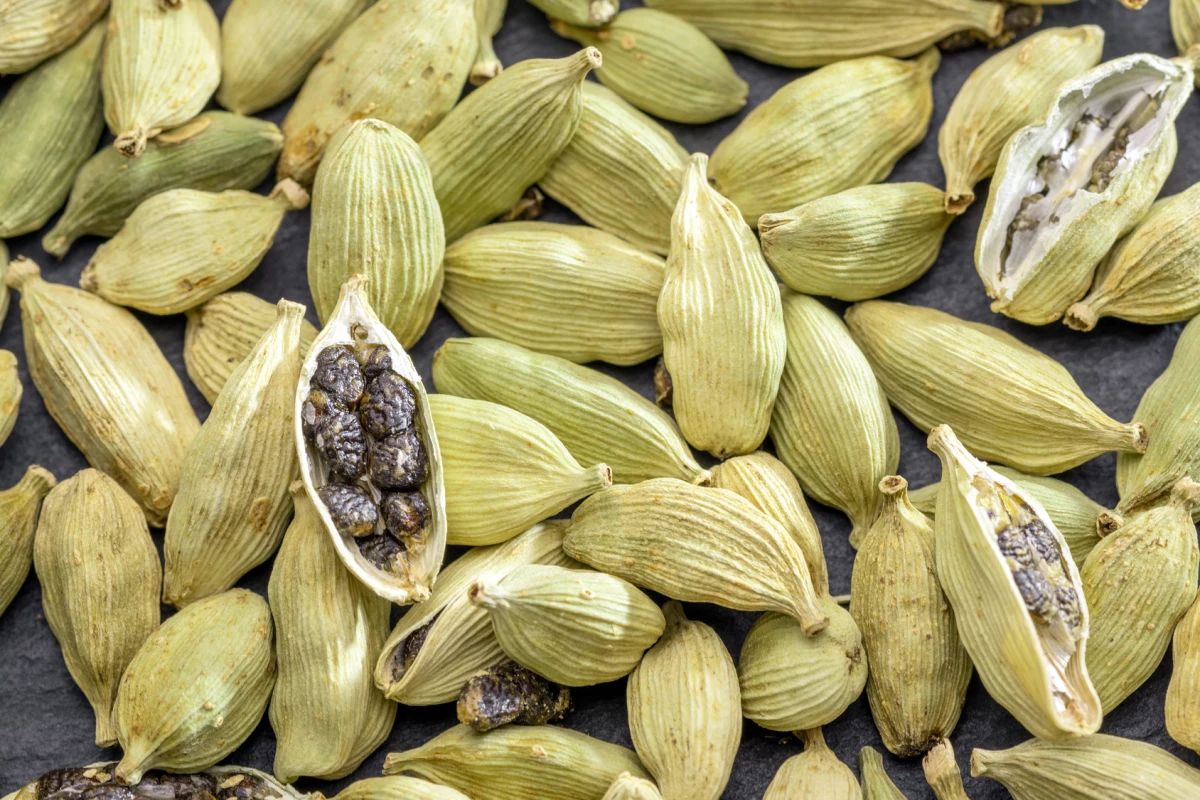A concerted effort by major U.S. soft-drink and snack-food companies aims to undermine the health initiatives led by Robert F. Kennedy Jr.’s Make America Healthy Again (Maha) movement. This campaign seeks to mobilize supporters of Donald Trump’s Make America Great Again (MAGA) against proposals that would limit the consumption of soda and ultra-processed foods.
According to an investigation by the Guardian in collaboration with the environmental watchdog Fieldnotes, the beverage industry has established a network of pollsters, strategists, and political financiers closely tied to the national Republican Party. These actors have strategically obscured their connections to one another to further their agenda.
The campaign has received indirect support from a coalition of free-market advocates who have previously aligned with Trump’s deregulatory initiatives. The American Beverage Association (ABA), alongside the Consumer Brands Association, has been at the forefront of this influence campaign. Key players include the three largest soft-drink corporations in the U.S. — Coca-Cola, PepsiCo, and Keurig Dr Pepper — as well as major packaged food companies like General Mills and Kraft Heinz.
These companies have identified the Maha movement as a significant threat to their profits, particularly following Trump’s nomination of Kennedy for the position of Secretary of Health and Human Services. In their annual reports, both Coca-Cola and Dr Pepper underscored potential risks from proposed health regulations, suggesting that these threats would intensify if “government officials” expressed health concerns regarding their products.
The lobbying efforts primarily focus on two initiatives backed by Kennedy: one aims to prohibit schools from serving food containing petroleum-based dyes, while the other seeks to prevent individuals receiving Supplemental Nutrition Assistance Program (SNAP) benefits from purchasing soft drinks. Lobbyists have conveyed a clear message to conservative lawmakers: oppose the Maha initiatives or risk backlash from MAGA supporters.
A memo from the beverage lobby articulated the stakes, stating, “Working-class families and individuals across America rose up to vote for President Trump on the promise of a new era that would lift them up, not leave them behind again.” The memo warned that supporting the SNAP restrictions would betray these voters.
While Maha’s proposed nutrition initiatives have faced obstacles in Washington, they have gained traction in several states. A dozen states have successfully obtained waivers from the U.S. Department of Agriculture to restrict how SNAP benefits can be spent. Furthermore, approximately six states have enacted legislation to limit food dyes in school meals.
Republican state representative Kristen Chevrier from Utah noted the industry’s influence is more pronounced at the federal level. “It’s easier for the big food industries to control the federal government than it is for them to control a whole bunch of different states,” she stated. Chevrier described herself as “a Maha mom before Maha was a thing” and emphasized that the lobbyists she encountered were more focused on profit margins than public health concerns.
Records obtained through public records requests reveal that industry lobbyists have attempted to frame the MAGA versus Maha narrative to undermine nutrition bills at the state level. In Arizona, for instance, lobbyist Michael Gardner sought to dissuade lawmakers from supporting a SNAP-related bill, referencing a poll funded by the ABA that claimed Trump voters wanted SNAP users to purchase soda.
The ABA has invested nearly $2 million in polling efforts with Public Opinion Strategies, a firm owned by Glen Bolger, a veteran Republican strategist. Bolger is part of a network of political consulting firms associated with Phil Cox, a key figure in conservative circles. The integrated lobbying approach involves using industry-funded polls to create narratives that lawmakers can leverage.
Simultaneously, the industry-funded organization Americans for Food and Beverage Choice conducted a Facebook advertising campaign promoting the beverage industry’s messaging across at least nine states. Despite presenting itself as a grassroots organization, its leadership comprises individuals affiliated with the ABA.
In addition to traditional lobbying, the campaign has also engaged MAGA-aligned social media influencers to disseminate pro-soda messages. These influencers have been found posting client-approved content on social media platforms without disclosing their financial connections to the beverage industry.
The campaign aims to portray the Maha initiatives as an overreach that threatens consumer choice, with messages emphasizing that even President Trump enjoys soda. As the industry continues to navigate this complex political landscape, the stakes remain high for both public health advocates and beverage companies.
The response from the Trump administration suggests an intention to distance itself from the industry’s pushback. After Arkansas Governor Sarah Huckabee Sanders applied for a SNAP waiver, the ABA labeled her and the head of the USDA as “food police.” USDA Secretary Brooke Rollins countered that the ABA’s actions put its members’ interests in direct conflict with public health priorities.
As the beverage lobby ramps up its efforts, the battle between health advocates and soft drink giants intensifies, revealing deeper ideological divides within American politics regarding nutrition and public health.







